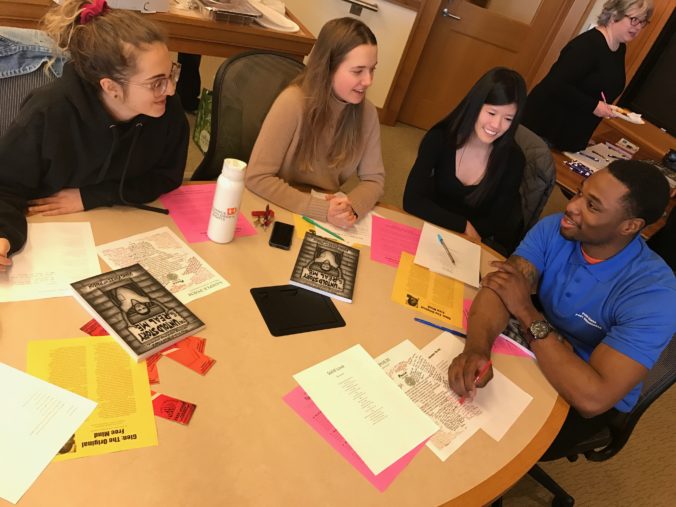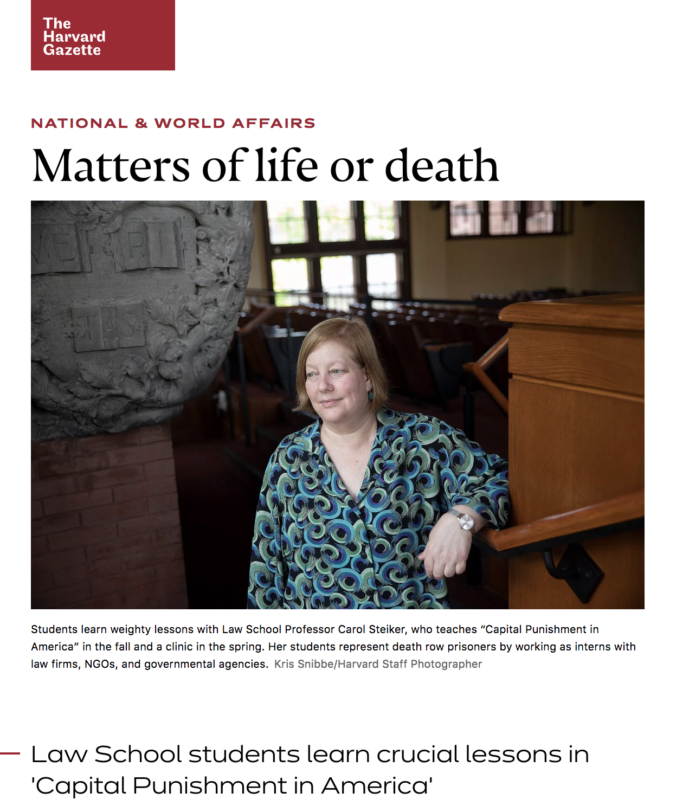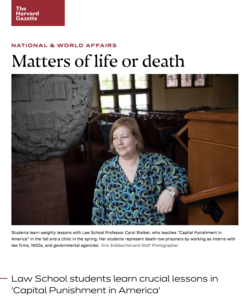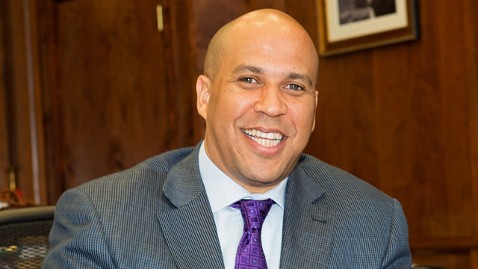The Harvard Prison Legal Assistance Project (PLAP) is now accepting applications for its 2019 Summer Student Attorney Program.
Why work at PLAP this summer? Here are just a few reasons:
• At PLAP, you will take the lead on your own cases and directly represent clients in prison disciplinary, parole, and classification hearings. You will interview clients, develop case strategies with our Supervising Attorneys, draft and submit motions to dismiss and discovery requests, cross-examine witnesses and argue at hearings, and get experience writing and filing appeals.
• PLAP’s clients need your help. In Massachusetts, prisoners are not automatically given lawyers for disciplinary or parole hearings. You are their best chance for competent representation.
• You will learn from experienced attorneys. Our Supervising Attorneys will guide you through the representation process, and will help you develop your advocacy skills more broadly.
• Finally, you will be part of a community. PLAP summer student attorneys spend time together both in and out of the office. Outings in past years have included trivia nights and hiking trips!
Qualified candidates will have an interest in criminal justice and representing incarcerated persons. Training will be held during the last weeks of May. You must be able to spend 10 weeks working full-time for PLAP during the summer months. In addition to representing clients, you will answer phone calls from prisoners in the PLAP office and respond to written requests for help. You should be able to drive and rent a car in the United States. Spanish or other foreign language skills are a plus.
PLAP summer student attorneys will receive a $500 stipend in addition to any public interest funding available through other sources. As a small office, PLAP offers a casual environment and flexible hours.
Interested students should email an application package including resume, cover letter, writing sample and at least one reference to Ian Eppler ([email protected]), Sam Miller ([email protected]) and Shanell Lavery ([email protected]).
We will review applications on a rolling basis. Interviews will begin in February, and will continue until all available positions are filled. Applications submitted before January 31, 2019 will receive preference.








